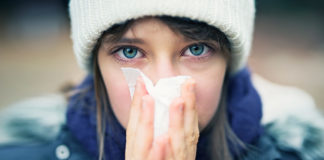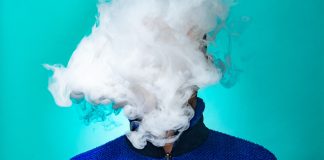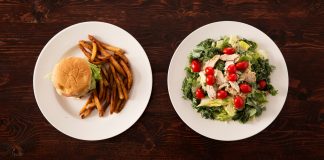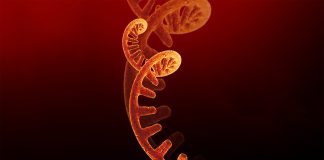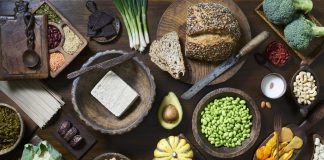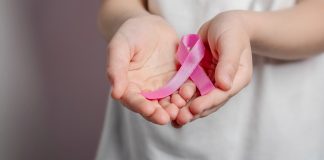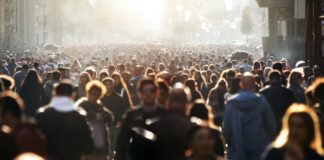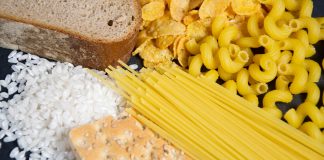How do I know if I’m infected with the new coronavirus or I have a cold / flu?
More and more people who are experiencing the typical symptoms of a cold and flu are asking the question in the title. This article provides essential information that can help us recognize the danger of infection with the new coronavirus.
Vaping: New war, same enemy
Breathing is an act most of us take for granted, and there seems to be plenty of oxygen to go around. Yet, according to the World Health Organization, the use of e-cigarettes (aka vaping) has been on a steady incline during the last few years.
The love that heals
In this article, we want to evaluate more closely the implications of love. How does love help us, how does it influence us, how should we show it to those around us, and how should we receive it?
Sexual abstinence: absurd, an option, or a necessity?
It was 1984 when hospitals in southern China were besieged by young people in a state of extreme agitation. Thousands of people, of both sexes, were suffering from panic attacks accompanied by fear of death because of the overwhelming belief that their sexual organs were retracting and disappearing, or that their nipples were retracting into their breasts.
Perceptions of balanced nutrition in the digital age
Attitudes toward food form a complex mosaic shaped by factors such as nutritional needs, hunger, taste preferences, socioeconomic status, demographic and emotional influences, as well as ethical, cultural, and religious values. Equally important is the level of education on nutrition (Gahagan, 2012). This plurality of factors helps explain the global diversity of dietary habits.
What should we eat? | A comparison between three types of diets
In Romania, they say that everyone is an expert in football and politics. But I believe it is more appropriate to say that everyone is an expert in food—or so they think. Except for a small minority, most of us have quite strong opinions about what we eat.
Understanding breast cancer
Breast cancer claims the lives of more women than most other forms of cancer. In the United States, the incidence of this disease in women is about one in eight, which is nearly 13 per cent, while in Australia and New Zealand it’s slightly lower at one in nine (11 per cent).
From the duty to remember to the right to forget
What if we could modify or even completely erase painful, sad, or traumatic memories? While this concept currently belongs to the realm of science fiction, advances in science may soon make memory modification possible. Yet, experts remain divided on one fundamental question: could the potential benefits of altering memories outweigh the risks involved?
COVID-19: Let’s not go back to normal
Let’s not go back to the abnormality of before! This is one of the messages which the French hung from their balconies on May 1, when the activities that would usually happen on this national public holiday could not take place. What can we change and what is worth changing after COVID-19?
Low-carbohydrate diets may shorten lifespan
A diet based on significantly reducing the amount of carbohydrates on your plate can reduce life expectancy by up to 4 years, according to a study published in The Lancet Public Health.
COVID-19: Second thoughts on Doomsday
Although they are constantly improving their preparedness for crises and disasters, modern societies find themselves powerless in the face of a growing threat: transnational crises.
How pain heals
In the realm of health and wellness, few practices embody the principle of “no pain, no gain” quite like the revival of ice baths. Plunging into icy water might seem like a counterintuitive pursuit—a stark departure from the comforts of warm showers—but it’s precisely this discomfort that has drawn enthusiasts around the world.
COVID-19: Hope overcomes the fear of the unknown
In the spring of 1936, the members of the Lykov family made a decision that would change their lives forever: they disappeared into the Siberian taiga, completely isolating themselves from the world for the next 40 years.
The wonder pill
It was terrifying. They kept trying to comfort me by telling me they had the best surgeons. But they also said that I needed a new liver and that my body might reject it. – Christopher Herrera












